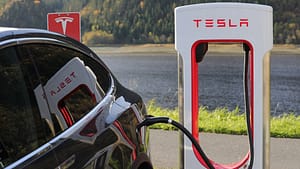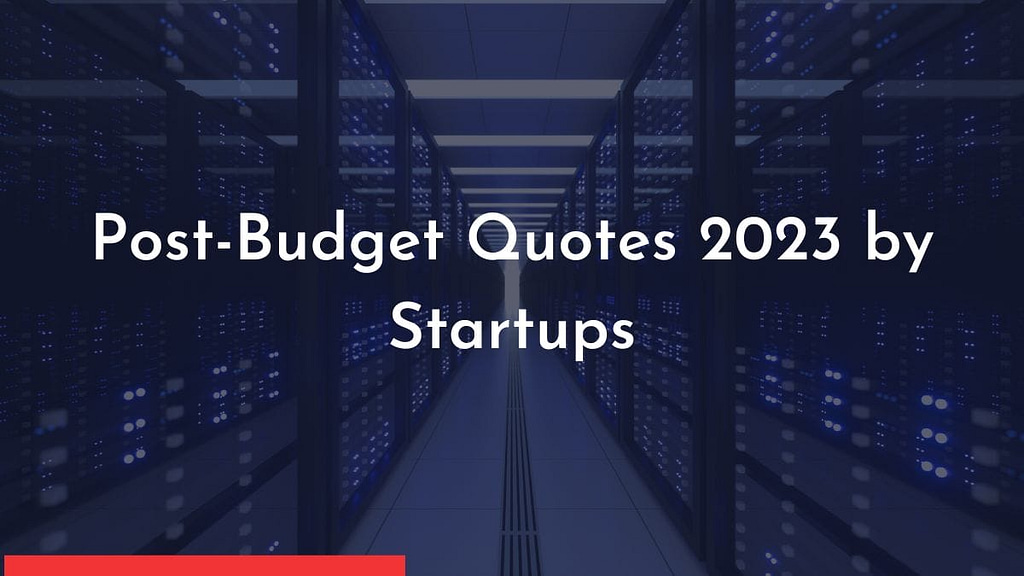Mihir Joshi, CEO of GVFL
The budget supports innovation and entrepreneurship, the economy’s key growth drivers. Extending the tax holiday policy by a year and the benefit of carrying forward losses on change of shareholding of startups to 10 years of incorporation from the current seven years is welcome. The focus on bringing more youth into entrepreneurship will spur the economy. Setting up three Centres of Excellence in AI and 100 labs for developing applications using 5G services will enhance the innovation capacity, fuel deep-tech startups, and help find scalable solutions for many problems.
Kamal Bansal, MD of GVFL
The Finance Minister has achieved a balance between increasing capital expenditure and reducing the fiscal deficit from 6.4% to 5.9%. The budget will make the economy more resilient. It also lays out the vision for the next 25 years and focuses on giving ample opportunities to the youth. The National Data Governance Policy will unleash innovation and research by startups and academia. The Agriculture Accelerator Fund will encourage agri startups by young entrepreneurs in rural areas and help modernise agriculture. Extending the date of incorporation for income tax benefits to startups by a year will boost the startup ecosystem.
Mr Shailendra Singh Rao, MD & Founder of Creduce
“This budget is a landmark first step towards Narendra Modi’s government’s commitment towards Net Zero 2070. This was a long time coming. And it has come with a bang. The outlay is futuristic, decisive and milestone-driven. The budget places a substantial emphasis on green growth and sustainability”.
The government has earmarked Rs 35,000 core in priority capital investment towards energy transition and achieving India’s net zero carbon emission goal by 2070.
Sitharaman also announced an additional Rs 19,700 crore towards the government’s Green Hydrogen Mission to lower carbon intensity and reduce fossil fuel use. She also announced a five million tonne target for green hydrogen production by 2030. These funds will be used to promote renewable energy sources such as solar, wind, and bioenergy, in addition to reforestation and wildlife conservation.
The government has also announced the launch of a national recycling policy to promote waste management and reduce the country’s carbon footprint. The budget also highlights the government’s commitment to electric mobility, with a proposal to launch a scheme to provide electric vehicles and charging infrastructure in the country. This would again prove to be a boon for entrepreneurs looking at investing into charging pods.
In addition to these initiatives, the budget also provides tax incentives for companies engaged in environmental-friendly activities, such as renewable energy production and water conservation. This would prove to be good boost for the entire sector and involve a wholesome approach and involvement. The government has also allocated funds for developing green infrastructure, including creating green energy corridors, smart cities, and coastal economic zones.
These incentives will augur well for the environment and those dwelling around them. This would create many job opportunities which would translate into wealthy nature.”










